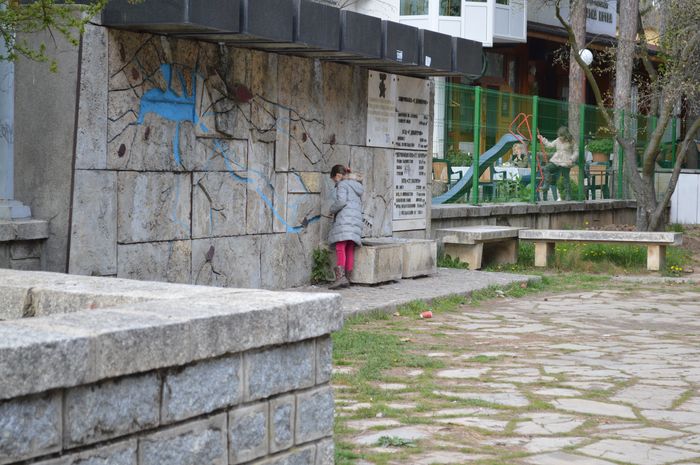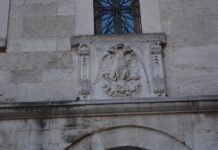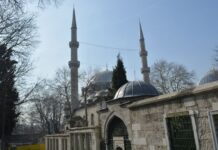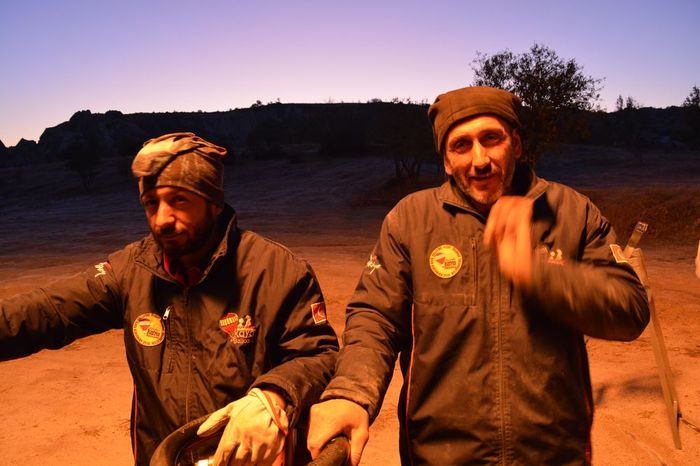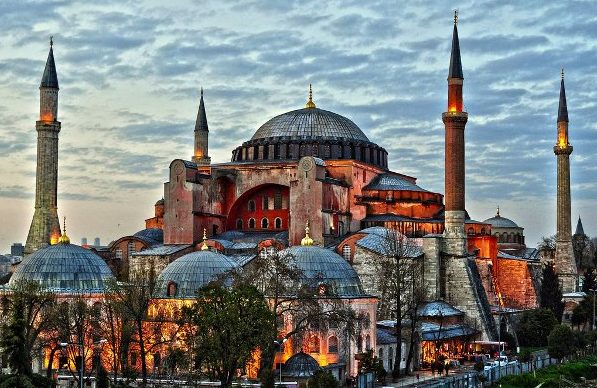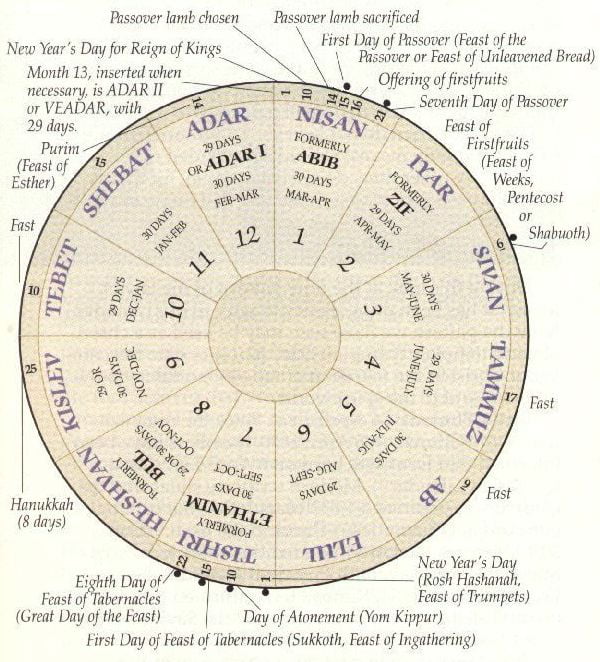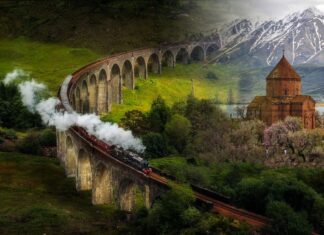The sentence above is the sacred meaning of the civilization of the Bulgarians. Values, which have been established in the Bulgarians` spiritual history and have finally asserted their historical behavior, can complement its poignancy. Yane Sandanski, one of the legendary leaders of the struggles of the Macedonian Bulgarians for unification with liberated Bulgaria after the unfortunate Berlin Congress (1878), expressed them most eloquently:
“The slave fights for freedom ; the free man fights for perfection!
Bulgarians from Macedonia
This phrase pours energy into any mind, free from prejudice. It is a happy complementation of the will of the ideologist of the armed liberation movement of the Bulgarians from Macedonia and Odrin Thrace for accession to the Motherland. This is the bequest of Gotse Delchev: a universal concept of men who see themselves as a creation of God. In the distant 1903 he stated in order to be heard in the third millennium, “I see the world only as a field of cultural competition among the nations!”
The Bulgarian has ascended the steps of perfection of man as a representative of a nation, which offers its hand to others. He or she is capable of crowning his civilization norm of behavior, i.e. of culture, with the motto written over the entrance of the school in the town of Kotel in the Eastern Balkan Mountains in the Ottoman Period and the National Revival. The teacher, who is the mediator between reason and behavior, addresses the student who enters in order to learn:
Help me to elevate your their peoples, immigrants from Asi are also numerous, brave, even more militant than the Bulgarians. The latter however possess a clear ethnic political consciousness. There is no nation that has created more states than the Bulgarians. Statehood is a distinctive feature of their social being. It is apparent in their behavior in the amalgam of nations, which flooded Europe during the Great Migration of Peoples. Each contender for power had to consider the Bulgarian presence in the confederal structures. An epi- graphic source tells that there is a “Kan oi the Alans”.
A Bulgarian challenged the vacant throne of the Avar Khagan. After the wars of the Khazars against the Arabs the Don Bulgarians gained the upper hand in the state and deprived the Khagan of actual power. Of the three related peoples join Volga Bulgaria – Bersula, Esegel and Bolgar – the power belonged to the Bulgarians. The Slavs on Lower Danube accepted the supremacy of the Bulgarian Kan. The Bulgarians stood against Byzantium and challenged the principle of universality; they fought to establish the sovereignty of their state and opposed the empire by means of their law and order.
Read More about History of Bulgaria part 2
